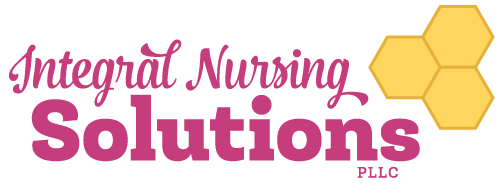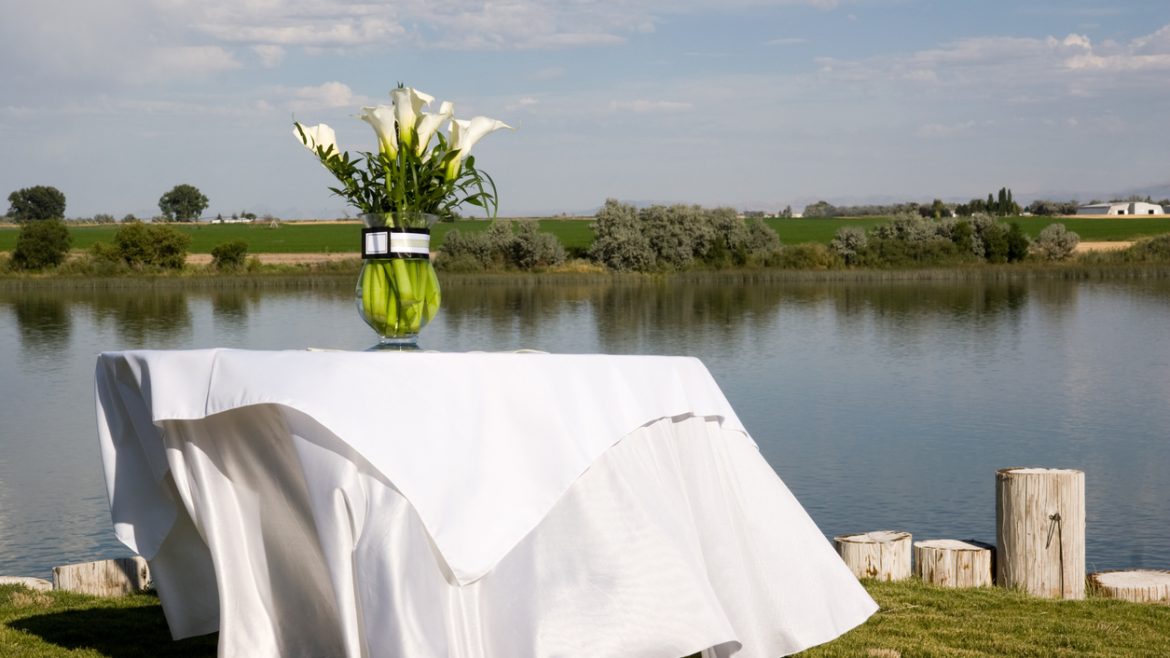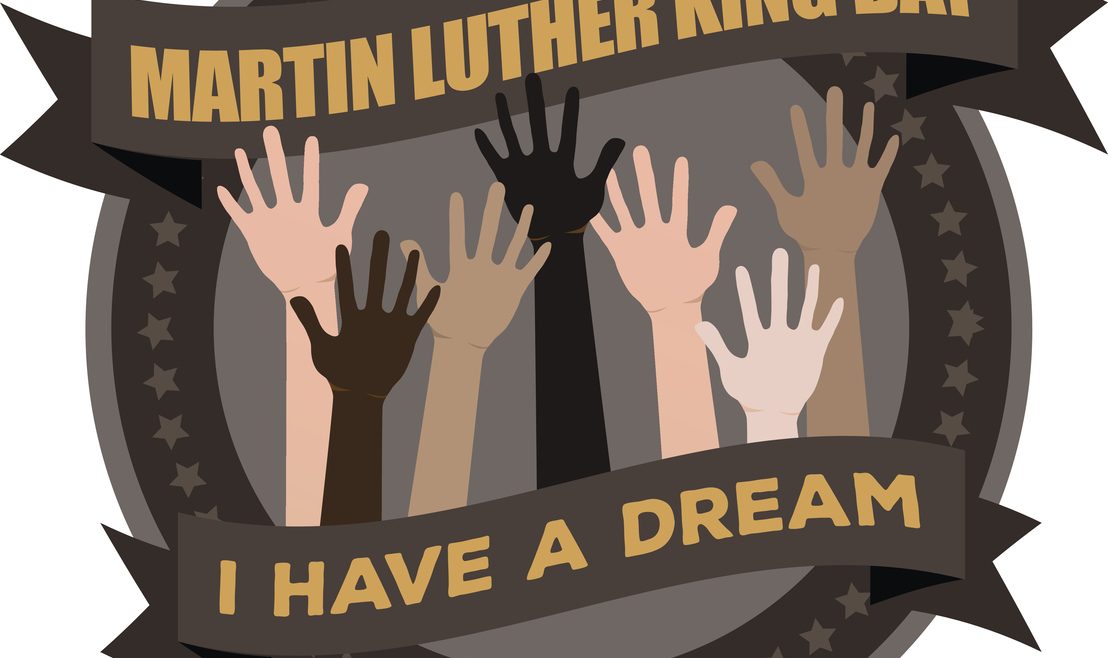Increasing Your Compassion Satisfaction
Last week I suggested we would compare Vital exhaustion, compassion fatigue and burnout. Now, I think it might be better to do the measurements first, so you can get into the solution and then come back to discussion. Compassion satisfaction is a sweet and happy place to be. Some of us live in that space a lot and for others it is fleeting. It is that sense of fulfillment and well-being. It is the positive feeling you experience as a result of knowing you did a good job. You have the sense that you make a difference in your work setting. You enjoy knowing you have a positive impact in the lives of those you care for. In fact, your compassion satisfaction may motivate you to continue your work.
On the other hand, you intuitively know if you are experiencing burnout, compassion fatigue, Vital exhaustion and compassion satisfaction. However, in our evidence-based world, you can measure your experience and your risk for these states which can be very useful to corroborate your felt sense.
 So, why, how and what do we measure? Everything changes including compassion satisfaction. Many nurses become paralyzed by fear, shame and denial, tolerating experiences of burnout, compassion fatigue and Vital exhaustion for very long periods. This discomfort is stressful and impacts others- colleagues and those we care for. Having an objective reflection of your experience can help reduce shame and confusion and help with moving into the solution rather than staying in the problem.
So, why, how and what do we measure? Everything changes including compassion satisfaction. Many nurses become paralyzed by fear, shame and denial, tolerating experiences of burnout, compassion fatigue and Vital exhaustion for very long periods. This discomfort is stressful and impacts others- colleagues and those we care for. Having an objective reflection of your experience can help reduce shame and confusion and help with moving into the solution rather than staying in the problem.
For some nurses burnout starts in nursing school. When was your first experience of one of these states and what did you do about it? Are you now happy at work? The sooner you identify an unhappy situation, which might mean measuring your professional satisfaction, the sooner you can mitigate it.
My first experience was 2 years into my first job and my responses were typical- changing jobs (geographical solution) and getting more education. Those changes did not give me tools to heal or prevent the burnout, compassion fatigue and Vital exhaustion experiences which would come and go several times in my 40-year career. Now I have tools to prevent burnout and I use them because it makes a big difference in my happiness. Regardless of your position or status in the nursing world, measuring your professional satisfaction is informative, helpful and a form of self-care.
The PROQOL (Professional quality of life) measures Compassion Satisfaction and Compassion Fatigue, Burnout, Secondary Traumatic Stress, Vicarious Tramatization, and Vicarious Transformation. “Professional quality of life is the quality you feel in relation to your work as a helper. Both the positive and negative aspects of doing your work influence your professional quality of life. Understanding the positive and negative aspects of helping those who experience trauma and suffering can improve your ability to help them and your ability to keep your own balance.”
We use the PROQOL as a measure in the Vitality In Progress: Healing and Preventing Burnout for Nurses prior to the program in the middle and again at the end as a measure for participants to track their progress.
It is free and is available to individuals and organizations.
Another measure that could be used is The Maslach Burnout Inventory (MBI) which addresses three general scales:
- Emotional Exhaustion measures feelings of being emotionally overextended and exhausted by one’s work.
- Depersonalization measures an unfeeling and impersonal response toward recipients of one’s service, care treatment, or instruction.
- Personal Accomplishment measures feelings of competence and successful achievement in one’s work.
Maslach and her colleague, Michael Leiter, defined the antithesis of burnout as engagement. Engagement is characterized by energy, involvement, and efficacy, the opposites of exhaustion, cynicism, and inefficacy.
Where are you on the continuums of compassion satisfaction, compassion fatigue, burnout, Vital exhaustion, engagement? Have you taken the PROQOL? It is free. Will you consider it? If you have taken it recently, what do your scores tell you? Do they match your felt experience of your professional life? When was the last time you did an inventory of the beautiful ways that you care for yourself? Even that measurement could be useful to increasing your compassion satisfaction. A few tweaks to your current habits could make a big difference in the joy and happiness you experience in your life.
Maybe you’d like to join our Self Care for Vitality – a free Virtual Connecting Weekly Call-in for Nurses. Th ere is a short guided relaxation, followed by a short time for silence in community and optional sharing.
ere is a short guided relaxation, followed by a short time for silence in community and optional sharing.
Wednesdays 6:30-7:00 pm EST Phone 712-432-3066 Pin 177444We are looking forward to your answers and comments to the above questions~~
With love, Padma



 Vital Exhaustion
Vital Exhaustion
 stopping? You did the required 20-second-hand wash, documented the interaction, took a breath and moved on to the
stopping? You did the required 20-second-hand wash, documented the interaction, took a breath and moved on to the
 The body does not lie. Continue to check your body for sensations that inform you about your comfort with what is happening in your world and in what ways you can show up to have your voice heard.
The body does not lie. Continue to check your body for sensations that inform you about your comfort with what is happening in your world and in what ways you can show up to have your voice heard.

 When you don’t pay attention to your “voice within” as it speaks to you about your alignment with your core values, your sense of wellbeing and joy becomes stressed. I stayed in a job 3 years longer than I “should” have because I refused to listen to the messages. For 3 years my spirits dragged, no longer excited to go to work, I did not want to acknowledge burnout, and just kept pushing through. When I became so miserable I felt I could not go on one more minute I finally submitted my resignation. Wow, once again I felt in alignment with Truth, Justice, Kindness and doing no harm. I was once again happy. Because I did not have another job waiting for me there was also fear of the unknown. I summoned the courage to take the time to reflect, heal and listen inside for the next steps.
When you don’t pay attention to your “voice within” as it speaks to you about your alignment with your core values, your sense of wellbeing and joy becomes stressed. I stayed in a job 3 years longer than I “should” have because I refused to listen to the messages. For 3 years my spirits dragged, no longer excited to go to work, I did not want to acknowledge burnout, and just kept pushing through. When I became so miserable I felt I could not go on one more minute I finally submitted my resignation. Wow, once again I felt in alignment with Truth, Justice, Kindness and doing no harm. I was once again happy. Because I did not have another job waiting for me there was also fear of the unknown. I summoned the courage to take the time to reflect, heal and listen inside for the next steps. Mental intentions are easily forgotten. For example, how often have you decided to get something from another room and when you got there, couldn’t remember what you went there for? When your intention is connected to deeper aspects of your psychic/emotional self, such as your heart, or gut, you are connected to your values. You may get distracted, but the intention does not go away. When you don’t honor it, you are reminded from within- with dreams, physical symptoms, and feelings. You might experience more stress and act out in ways that remind you of your misalignment, such as eating to cover the feelings, snapping at others or becoming depressed. There is a felt quality to misalignment which you can recognize when you pay attention. Paying attention means spending time with yourself and listening deeply. Some use prayer, meditation, walks in/with nature and therapy. How do you tune into your deepest self and how do you feel in your body when you are in alignment with your values?
Mental intentions are easily forgotten. For example, how often have you decided to get something from another room and when you got there, couldn’t remember what you went there for? When your intention is connected to deeper aspects of your psychic/emotional self, such as your heart, or gut, you are connected to your values. You may get distracted, but the intention does not go away. When you don’t honor it, you are reminded from within- with dreams, physical symptoms, and feelings. You might experience more stress and act out in ways that remind you of your misalignment, such as eating to cover the feelings, snapping at others or becoming depressed. There is a felt quality to misalignment which you can recognize when you pay attention. Paying attention means spending time with yourself and listening deeply. Some use prayer, meditation, walks in/with nature and therapy. How do you tune into your deepest self and how do you feel in your body when you are in alignment with your values?
 Contemplate privatizing health care. What are your thoughts and feelings about this? Is there a difference between health care and insurance care? What are the physical, emotional, mental and spiritual costs and benefits of each for our families, friends, our neighbors and the public in general? How does it impact your work?
Contemplate privatizing health care. What are your thoughts and feelings about this? Is there a difference between health care and insurance care? What are the physical, emotional, mental and spiritual costs and benefits of each for our families, friends, our neighbors and the public in general? How does it impact your work?
 I noticed that I spoke to myself with greater criticism and meanness than I would ever do with another person. Salaried and working extra hours every week for several years, I became critical and driven with a perfectionism that made me irritable and less available for my family. The management was aware of the under staffing situation as it was a source of complaints from nurses.
I noticed that I spoke to myself with greater criticism and meanness than I would ever do with another person. Salaried and working extra hours every week for several years, I became critical and driven with a perfectionism that made me irritable and less available for my family. The management was aware of the under staffing situation as it was a source of complaints from nurses.



 u can set the intention for a better fit tomorrow. Of course you can add and subtract from this list….
u can set the intention for a better fit tomorrow. Of course you can add and subtract from this list….
 My feelings shifted from shock to anger and then to forms of bargaining while planning what to pack in the event of evacuation. We kept friends and family updated while breathing smoky air. Each night we went to bed wondering if the fire would devour the trees on the mountain across the way.
My feelings shifted from shock to anger and then to forms of bargaining while planning what to pack in the event of evacuation. We kept friends and family updated while breathing smoky air. Each night we went to bed wondering if the fire would devour the trees on the mountain across the way. Today I have a deepened compassion for my brothers and sisters around the globe dealing with health, environmental, sociopolitical, and religious stressors that undermine the human right of safety.
Today I have a deepened compassion for my brothers and sisters around the globe dealing with health, environmental, sociopolitical, and religious stressors that undermine the human right of safety.

 more tolerant and understanding of others and their choices.
more tolerant and understanding of others and their choices.